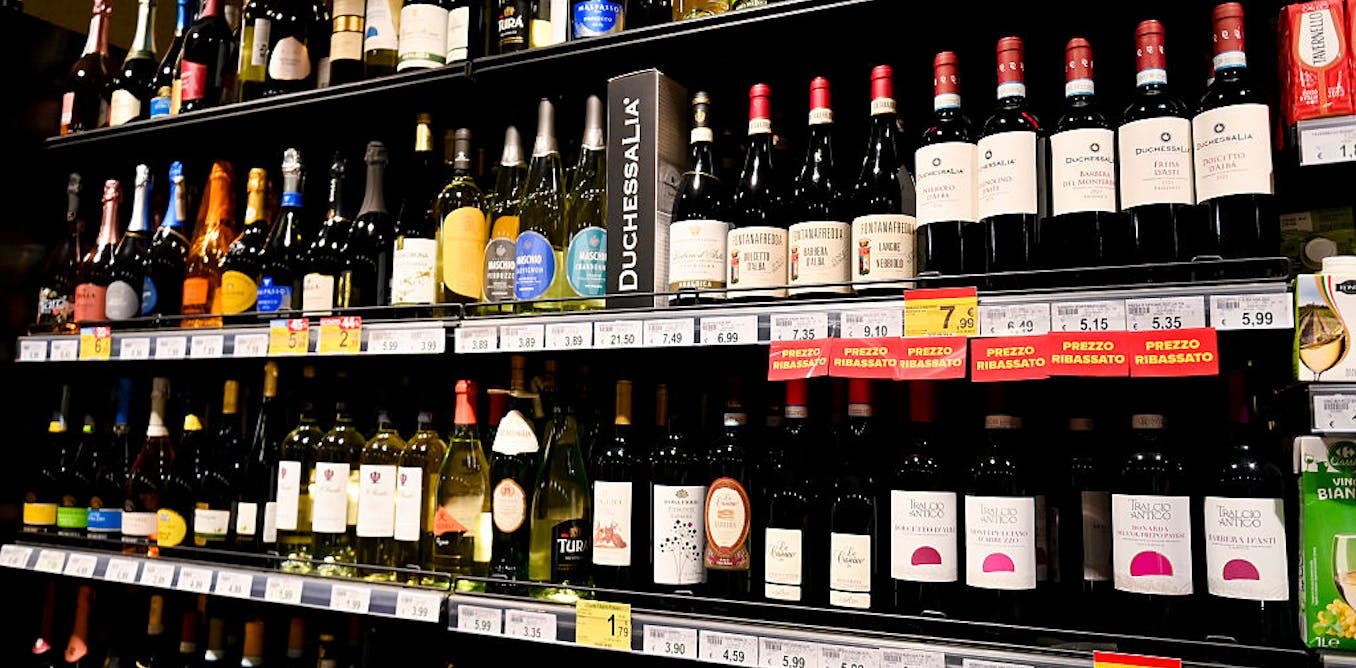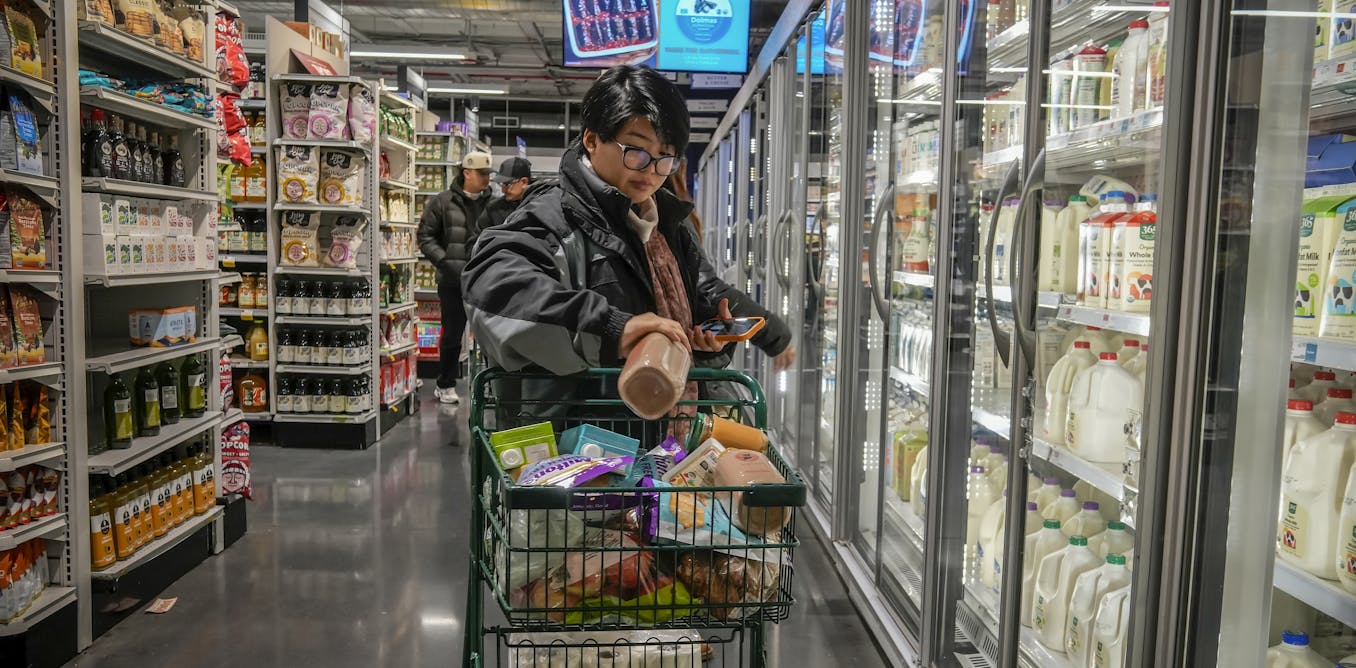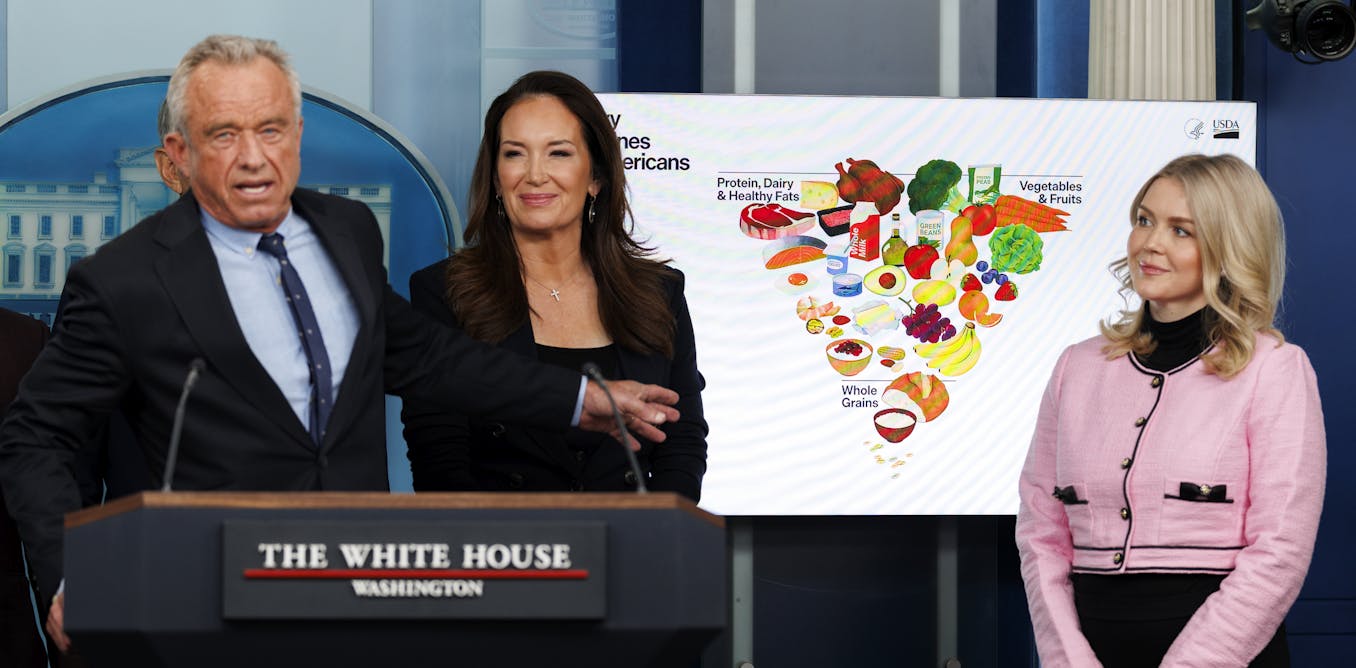By 2030, non-communicable diseases will account for 75% of all deaths annually. Eight percent of these will be in the global south. Most of these diseases are what we call silent killers: type 2 diabetes, high blood pressure and heart disease, as well as certain types of cancer at increasingly younger ages.
The consumption of sugary drinks and processed foods high in sugar, salt and saturated fats is fuelling these pandemics. And increasingly advertising is being seen as the means by which the consumption of unhealthy products is promoted. This translates into the growth of non-communicable diseases in populations across the globe. This rising threat is driven largely by the way in which markets and industries are organised, which, in turn, shapes social norms towards consumption of tobacco, alcohol, food and sugary beverages.
This process is what’s known as commercial determinants of health.
Products that top the list in terms of their risk to health are tobacco, sugary beverages, ultra processed food and alcohol.
These products are heavily advertised. For example, in South Africa from 2013 to 2019, sugary beverage manufacturers spent US$191 million (R3.7 billion) to advertise their products. Many of the TV advertisements for sugary drinks were placed during child and family viewing time, between 3pm and 7pm.
Over the past decade a number of countries have introduced policies in a bid to limit the use and intake of harmful food and beverages. These have ranged from taxes on certain products, such as sugar, alcohol and tobacco, to bans on advertising. Many have proved effective. But there are still big gaps in policies to control these harmful products.
As academics who have researched this field for three decades we believe that the G20 can play a significant role in plugging these gaps. The countries under the G20 umbrella, which represent two thirds of the world’s population, have reason to act: all are experiencing a mounting burden of obesity-related illness such as diabetes, high blood pressure and cancer at ever-younger ages.
One of South Africa’s G20 presidency health priorities is “stemming the tide of non-communicable diseases”. In our view this is an invitation for the G20 to pledge to combat the drivers of non-communicable diseases.
The G20 can acknowledge that these diseases are part of a pathological system in which commercial actors are causing ill health. And G20 leaders can acknowledge that progress enacting health taxes has stagnated in most countries.
By galvanising attention in this way, the G20 can give impetus to a high level United Nations meeting in 2025 at which a new vision for the control and prevention of non-communicable diseases is due to be set. Health taxes and bans on marketing are focus areas.
What stands in the way of progress
Efforts by various countries to curb consumption of these harmful products have shown one thing clearly: there’s no silver bullet.
Nevertheless, evidence shows that consumers are responsive to price. This points to the fact that taxes are a key tool for decreasing demand, especially for young consumers.
Read more:
Sugary drinks are a killer: a 20% tax would save lives and rands in South Africa
There is also mounting evidence that health taxes are progressive for health at a population level – in other words they lead to better health outcomes. Research also shows that they scarcely affect overall employment, if at all.
But advances on alcohol and tobacco taxes are slow. And there has been little progress on taxes on sugary beverages.
These taxes remain far too low because health promotion taxes face tough resistance from industry. When any health promotion taxes are proposed, industries deny harms, promote doubt, divert attention, spread disinformation, create front organisations, and varnish their reputations through corporate social responsibility initiatives.
When taxes do proceed through the legislative or regulatory process, industries influence proposals to make them less effective. They also offer to replace legislation with voluntary commitments. Evidence shows that voluntary commitments do not work.
What would be gained
In 2024, a report by a panel of experts showed that US$3.7 trillion in additional revenue could be generated over five years if all countries increased prices of tobacco, alcohol and sugary beverages by 50%.
This money is sorely needed to boost healthcare. Non-communicable diseases disproportionately affect the most poor and vulnerable and healthcare systems are increasingly unable to cope. Screening, diagnosis, medications and treatment are very expensive for both ministries of finance and at the household level, where health needs can result in catastrophic expenditure.
And taxes that generate a 50% increase in real prices of tobacco, alcohol and sugary beverages would save 50 million lives globally over 50 years.
Where to begin
We believe the G20 platform is a sound one on which to champion efforts to curb the consumption of harmful products. This is because half of the countries in the group have one or two policies for food such as taxes on sweetened beverages. Their experiences can therefore inform debates about how to protect the public from the fatal effects of diet-influenced diseases.
But building a solid foundation won’t be easy. What’s needed is for the G20 to put its weight behind these key points:
-
Promoting good health before people get sick should be an imperative because the cost of inaction in financial and human terms is just too high.
-
Promoting the case for raising tobacco taxes, because tobacco continues to cause the most death and illness. But taxation has stalled. Approximately 90% of smokers live in countries where cigarettes were equally or more affordable in 2022 than they were five years earlier.
-
A renewed focus on alcohol taxes, which have shown little improvement in the last decade. Alcohol excise taxes are not being used effectively.
-
Fresh impetus behind increasing the level of taxes as a percentage of the cost of sugar sweetened beverages. Evidence suggests that to be effective, taxes on sugar sweetened beverages should increase product prices by at least 20%.
-
Champion nutrition regulation when navigating the trade and nutrition policy environment. Trade policies can be inconsistent with health policies.
-
Lastly, push for stronger global monitoring frameworks to track corporate accountability in health. This should include clear conflict of interest policies, information management, and exposing when corporations try to shape their own evidence-base or discredit research that would be supportive of public health policies.

The post “why the G20 should add its weight to health taxes” by Karen Hofman, Professor and Programme Director, SA MRC Centre for Health Economics and Decision Science – PRICELESS SA (Priority Cost Effective Lessons in Systems Strengthening South Africa), University of the Witwatersrand was published on 05/27/2025 by theconversation.com





































Leave a Reply